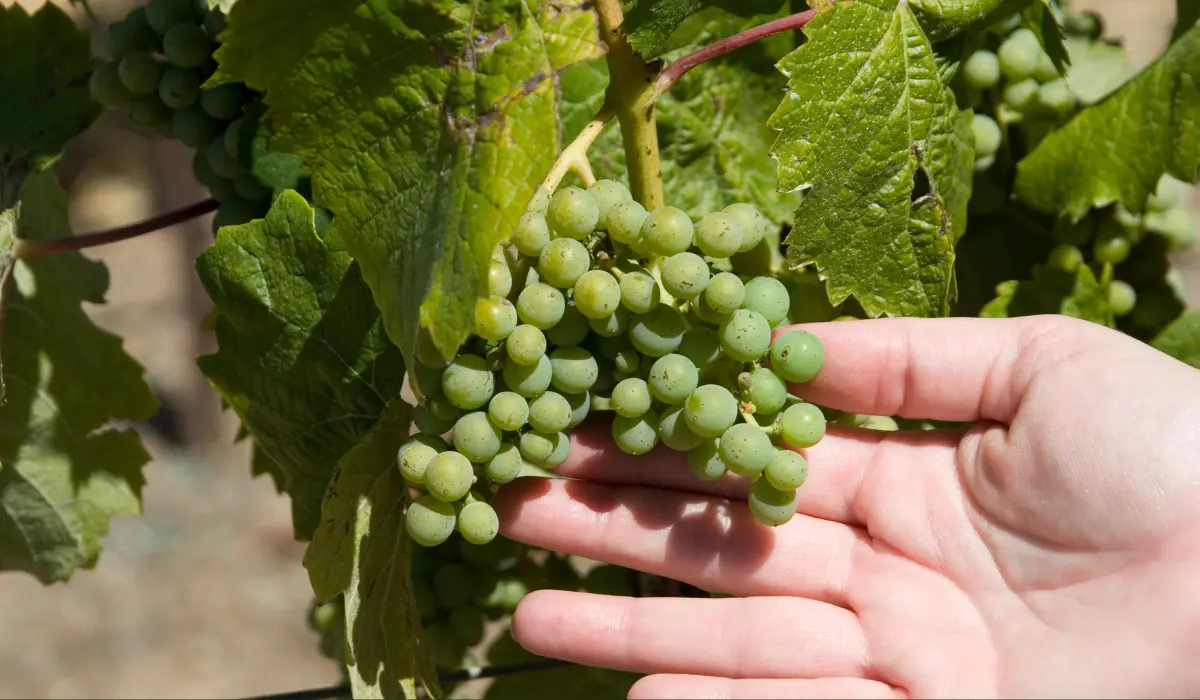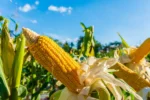A research team at Brock University is uncovering how native plants can help vineyards in Niagara adapt to climate pressures while promoting healthier soils and natural pest control.
The project, led by biology professor Liette Vasseur, is examining how introducing flowering cover crops, particularly species indigenous to the region, can strengthen organic grape production against threats such as drought, flooding, and pest infestations. The initiative is being tested in three organic vineyards: Redstone, Southbrook, and Tawse.
Native Plants Show Early Promise
Unlike non-native cover crops often brought in from outside North America, local plant species tend to be more resilient to the region’s changing climate and environmental conditions. Vasseur’s team planted seven different native flowering species last year, and the initial results suggest clear benefits.
“Increasing biodiversity in vineyards helps create a more balanced ecosystem,” Vasseur explained. “We’re already seeing improvements in soil health, erosion control, and natural defenses against extreme weather. These cover crops are also attracting beneficial insects that keep pests in check.”
The research points to a shift in leafhopper behavior, a common grape pest. Early observations suggest that leafhoppers are spending more time in the flowers of the cover crops rather than on grapevines, potentially reducing damage to the fruit.
Meanwhile, insect predators such as fairy flies and parasitoids are thriving among the flowering plants, offering natural pest suppression.
Tracking Insect Movement with Sticky Traps
To study these dynamics, honours student Angel Lainscek deployed sticky traps in three vineyards over two summers. The traps, coloured yellow, green, and red, capture insects and reveal patterns in their populations.
The results showed that trap height, placement along the vineyard rows, and colour all influenced insect capture rates. Yellow traps, for instance, were more likely to attract male leafhoppers. In contrast, sections of the vineyards left with only weeds saw a higher abundance of leafhopper pests.
This research provides insights not only into pest behavior but also into how ecological farming methods can shift insect populations in ways that reduce reliance on chemical pesticides.
A Partnership for Sustainable Agriculture
The project has the support of the Organic Council of Ontario (OCO), which represents and connects the province’s organic sector.
“Dr. Vasseur’s work is inspiring,” said OCO policy manager Sami McKay. “Her research demonstrates that vineyards can thrive by working with nature rather than against it. By prioritizing biodiversity and soil health, we’re laying the groundwork for a sustainable and resilient future in Ontario agriculture.”
The study is part of a larger national initiative, funded through the Government of Canada’s Organic Science Cluster 4 (OSC4).
The program is co-managed by the Organic Federation of Canada and the Organic Agriculture Centre of Canada at Dalhousie University, and is supported by Agriculture and Agri-Food Canada’s Sustainable Canadian Agricultural Partnership.
A Multi-disciplinary Approach
Vasseur’s project is not a solo effort. The team includes several specialists examining different aspects of vineyard health.
- Jim Willwerth, Associate Professor of Biological Sciences, is evaluating how cover crops influence vine architecture, berry composition and overall plant health.
- Sudarsana Poojari, Principal Scientist at Brock’s Cool Climate Oenology and Viticulture Institute (CCOVI), is monitoring for the presence of grapevine viruses.
- Alonso Zavafer, Assistant Professor of Biological Sciences and Engineering, is using sensors to study vine physiology and responses to environmental stresses.
Together, these researchers are building a detailed picture of how organic vineyards can function as resilient ecosystems rather than isolated crops.
Looking Ahead
The project, which began in 2024, is funded through 2028. Over the coming years, the team hopes to gather more long-term data to confirm whether indigenous cover crops can consistently deliver benefits for soil quality, pest management, and climate adaptation in vineyards.
For Niagara, a region known globally for its wine industry, the findings could help shape how vineyards respond to increasing environmental challenges.
By integrating native plants and ecological strategies, growers may find not only a more sustainable way to farm but also a path to producing high-quality grapes without overreliance on chemicals.
If successful, the approach being tested in Niagara could serve as a model for organic vineyards across Canada and beyond.




